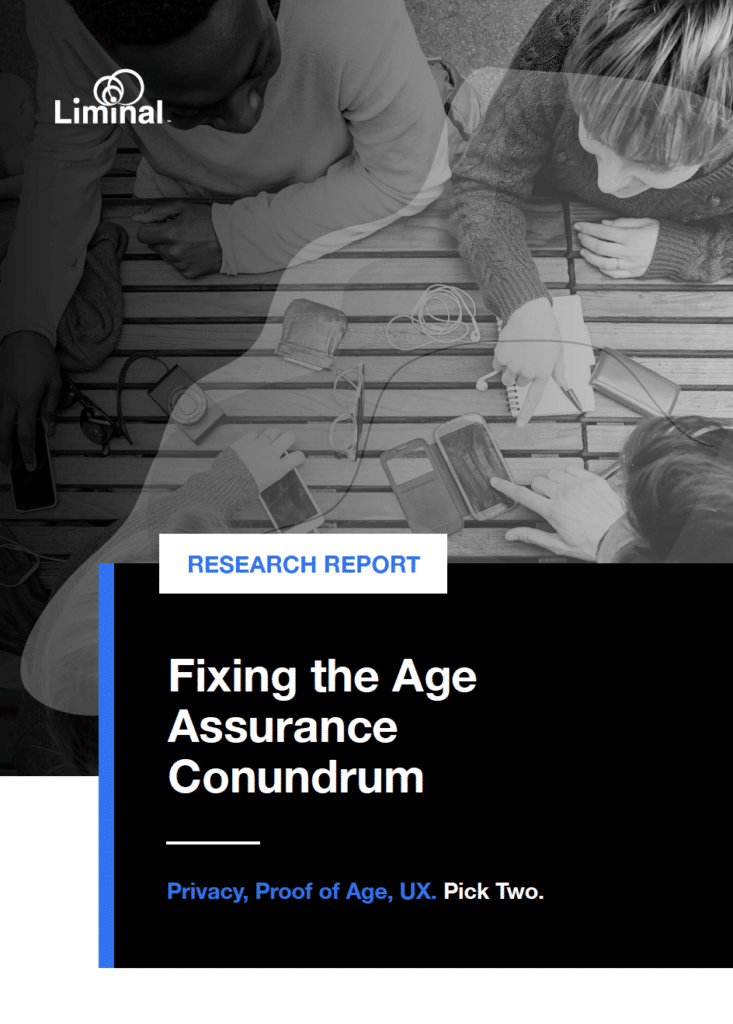
Today, a third of internet users are children, and this population has a right to leverage technology for learning, communication and entertainment. The internet is also an environment that is rich with content that is inappropriate for children and is increasingly offering goods and services that would be age restricted offline. At its nadir, the internet can be a conduit for the very worst of society to gain access to children.
Age assurance is rapidly becoming a defining issue for the future of the internet. How consumers access content and how service providers will monetize these consumers is at an inflection point. We are on the cusp of building ecosystems that will enable digital identity to become a significant enabler of high value digital services. However, for the internet to evolve further, it must develop mechanisms for ensuring that children are safe online.
Check out the history of age assurance in our interactive timeline
The report includes
- Why is Age Assurance Important
- Age Assurance and the Regulatory Landscape
- Assuring Age – Tools and Technologies
- Challenges to Age Assurance

